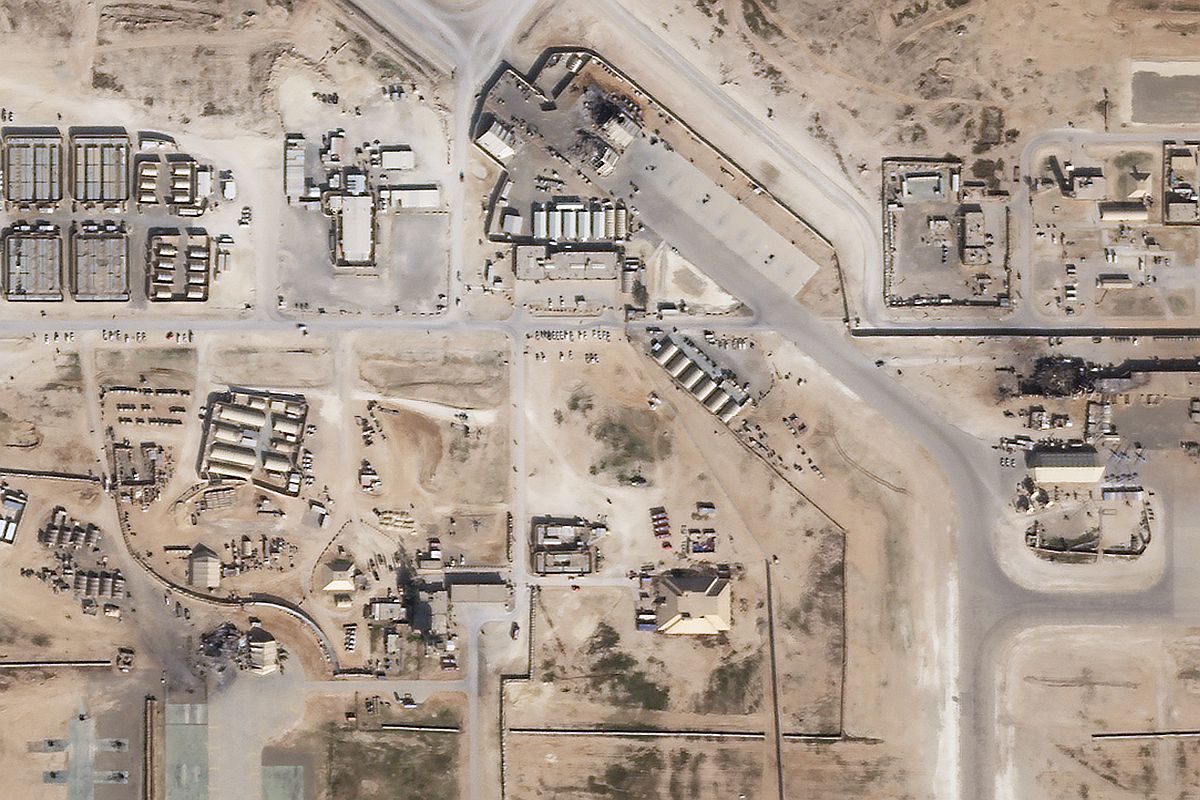The geostrategic strand that binds Iraq with Afghanistan is President Biden’s resolve to pull out US combat forces from the former country by the end of this year. It is open to question whether the embattled government in Baghdad will be able to take care of things when left to its own devices in the absence of US boots on the ground, close to two decades after the Anglo-US invasion of March 2003 in the quest for weapons of mass destruction (WMD) that didn’t exist.
While Iraq’s Prime Minister, Mustafa al-Kadhimi, says there is no need for any foreign combat forces on Iraqi soil, President Biden pledged on Tuesday to discontinue the US combat mission in Iraq by the end of this year while continuing to train and advise the Iraqi military.
Advertisement
No such explicit assurance has as yet been forthcoming from the likes of President Ashraf Ghani in Kabul, far less at the talks in Doha. The announcement came after Mr Biden met the Iraqi Prime Minister at the White House. There are currently 2,500 US troops in Iraq helping local forces counter what remains of the Islamic State of Iraq and Syria.
The strength of US troops is likely to be the same, but the US move has been interpreted as an attempt to help the Iraqi PM. The US military’s presence in Iraq has become a major issue ever since the top Iranian general, Qasem Soleimani, and the leader of an Iran-backed Shia Muslim militia were killed in a US drone strike last year.
Strategically, the pullout in another five months ought not to be considered as a retreat of the American soldier; suffice it to register that US forces, at least a section thereof, will be very much in Iraq ostensibly to help the local Iraqi forces to counter the potentially murderous Isis. Political parties aligned to Iran have demanded the withdrawal of all forces from the US-led global coalition against Isis, despite the continuing threat posed by the Sunni jihadist group.
Shia militias have meanwhile been accused by the US of carrying out hundreds of rocket, mortar and drone attacks on Iraqi military bases that host coalition forces in an apparent attempt to exert pressure on them to leave. For President Biden, Tuesday’s announcement marks the end of another war that began under former President George Bush. Eighteen years later, he has made a categorical assertion, that US troops will leave Iraq just as they gear up to pull out of Afghanistan.
The political situation in Iraq is more acceptable to the country’s competing ethnic groups than it was earlier. While America’s combat mission is poised to end, the Iraq’s conflict with Isis is forbidding.











